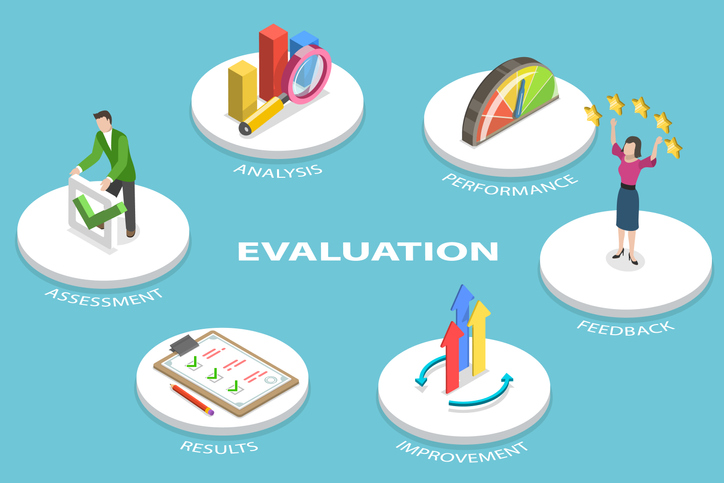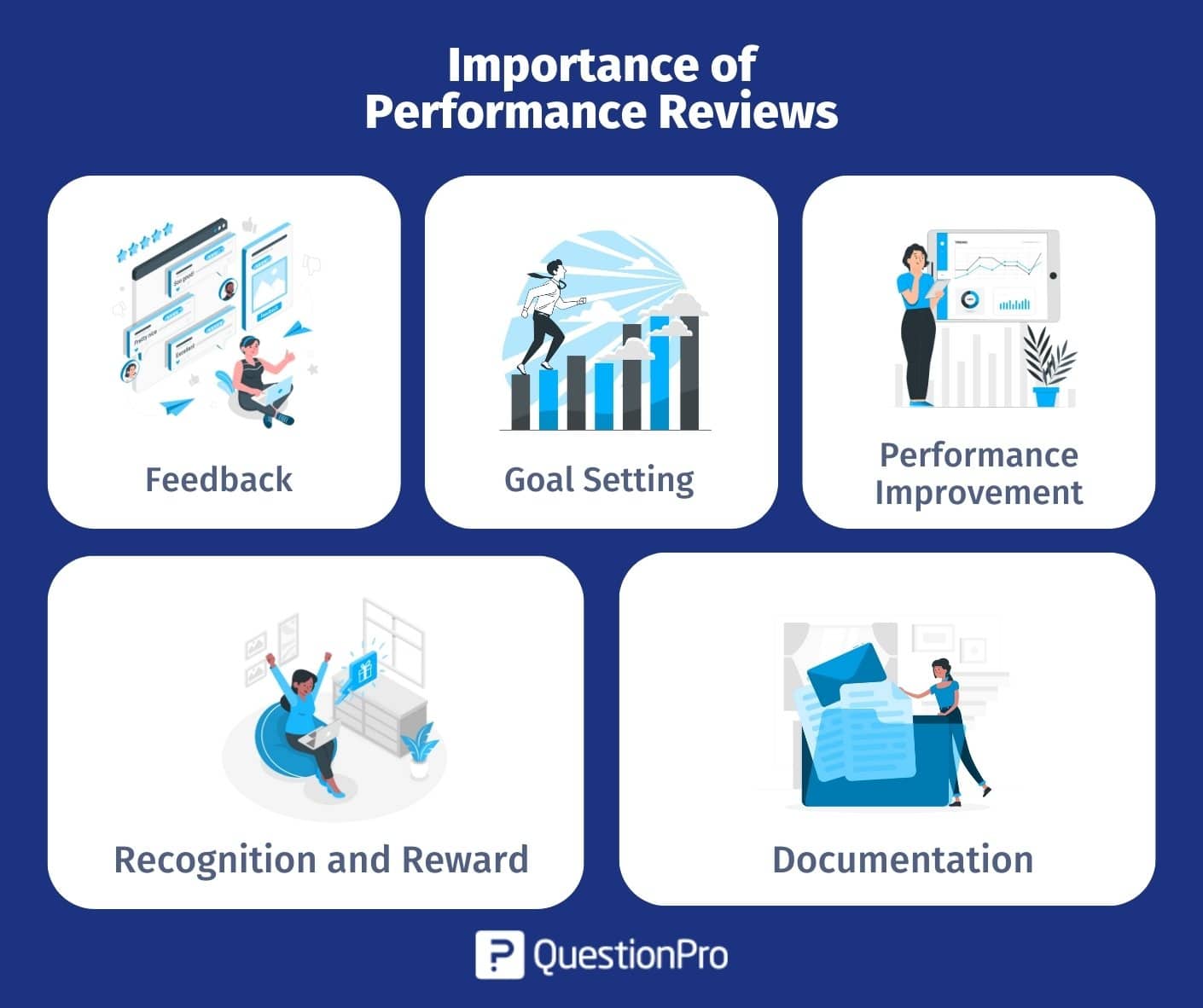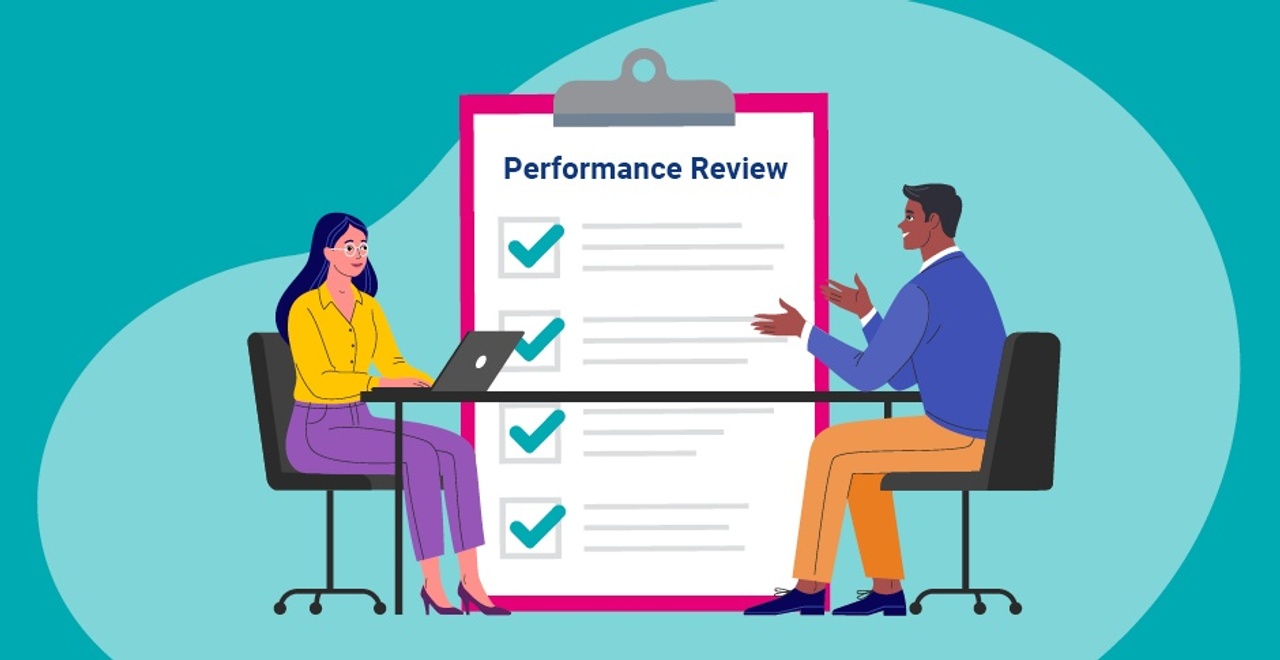reviewing performance
Reviewing Performance: Enhancing Productivity and Employee Engagement
In today’s competitive business landscape, the practice of reviewing performance has become a cornerstone for enhancing productivity and fostering a motivated workplace. Effective performance reviews help align individual goals with company objectives, provide a structured feedback mechanism, and encourage professional growth and development. This article delves into the significance of performance reviews, how to conduct them effectively, and their impact on both employees and organizations.
Understanding Performance Reviews
Performance reviews, often known as performance appraisals, are periodic evaluations where an employee’s work performance is assessed. These reviews are crucial for the ongoing management and guidance of staff within a company. They provide a formal, recorded, regular review of an individual’s performance, and often form the basis for important decisions such as salary increments, promotions, and sometimes even terminations.

Key Components of Effective Performance Reviews
Setting Clear Expectations
One of the primary steps in the performance review process is setting clear and measurable goals. These goals should be mutually agreed upon by the employee and management, ensuring that they are aligned with the overall objectives of the company.
Regular Feedback
Performance reviews are most effective when conducted regularly, not just annually. This allows for ongoing adjustments and lets employees know how they’re doing continuously, which can motivate them and correct course when necessary.

Constructive Criticism
Feedback should be constructive, focusing on how employees can improve and grow rather than just highlighting what went wrong. This approach helps in building a supportive work environment that encourages learning and development.
Recognition and Reward
Recognizing and rewarding employees for their achievements can boost morale and motivate other team members to strive for excellence. It acknowledges the hard work and dedication of employees, reinforcing positive behaviors and outcomes.
Benefits of Regular Performance Reviews
Enhanced Employee Engagement
Regular feedback makes employees feel valued and part of the team, which increases their engagement and loyalty to the company.
Improved Performance
Performance reviews help identify areas of improvement and plan the necessary training and development interventions. This personalized approach ensures that all employees grow with the company and meet their professional and personal goals.
Better Communication
Regular performance reviews open up lines of communication between employees and management. This helps in clearing misunderstandings and provides a platform for discussing aspirations and concerns.

Goal Alignment
Performance reviews help ensure that individual goals align with the strategic objectives of the organization, fostering better teamwork and more cohesive efforts towards common goals.
How to Conduct an Effective Performance Review
Prepare
Preparation is key to effective performance reviews. Review past evaluations, current goals, and gather feedback from relevant stakeholders.
Create a Comfortable Environment
Ensure the review setting is private and comfortable, free from interruptions, fostering an open, honest, and respectful dialogue.
Use Specific Examples
Provide specific examples of good and bad performance to help the employee understand the feedback clearly.
Develop a Forward-Looking Plan
End the review with a clear action plan that includes specific objectives and timelines. This should be developed collaboratively to ensure the employee is committed to achieving these goals.
Common Questions About Performance Reviews
Q: How often should performance reviews be conducted?
A: Best practices suggest quarterly reviews, with more formal evaluations done annually.
Q: Can performance reviews be conducted remotely?
A: Yes, with the advancements in technology, performance reviews can be conducted effectively using various digital communication tools.
Q: What if an employee disagrees with their review?
A: Encourage open dialogue. If disagreements arise, consider additional evidence and possibly involve a third party (like HR) to mediate.
Conclusion
Effective performance reviews are essential for any organization aiming to enhance productivity and foster a proactive workplace culture. By setting clear expectations, providing regular feedback, and recognizing achievements, companies can ensure their team not only meets but exceeds their potential. This strategic approach leads to improved company performance and a happier, more engaged workforce.



